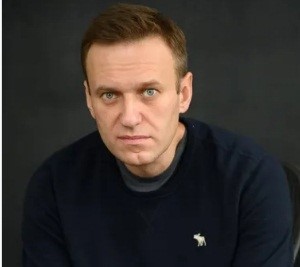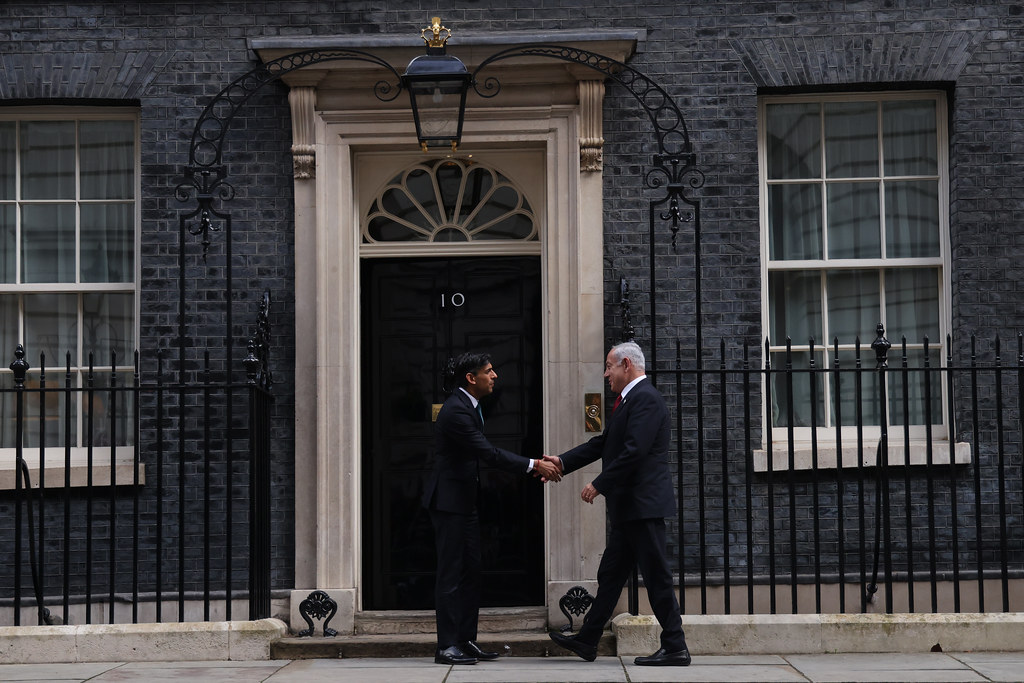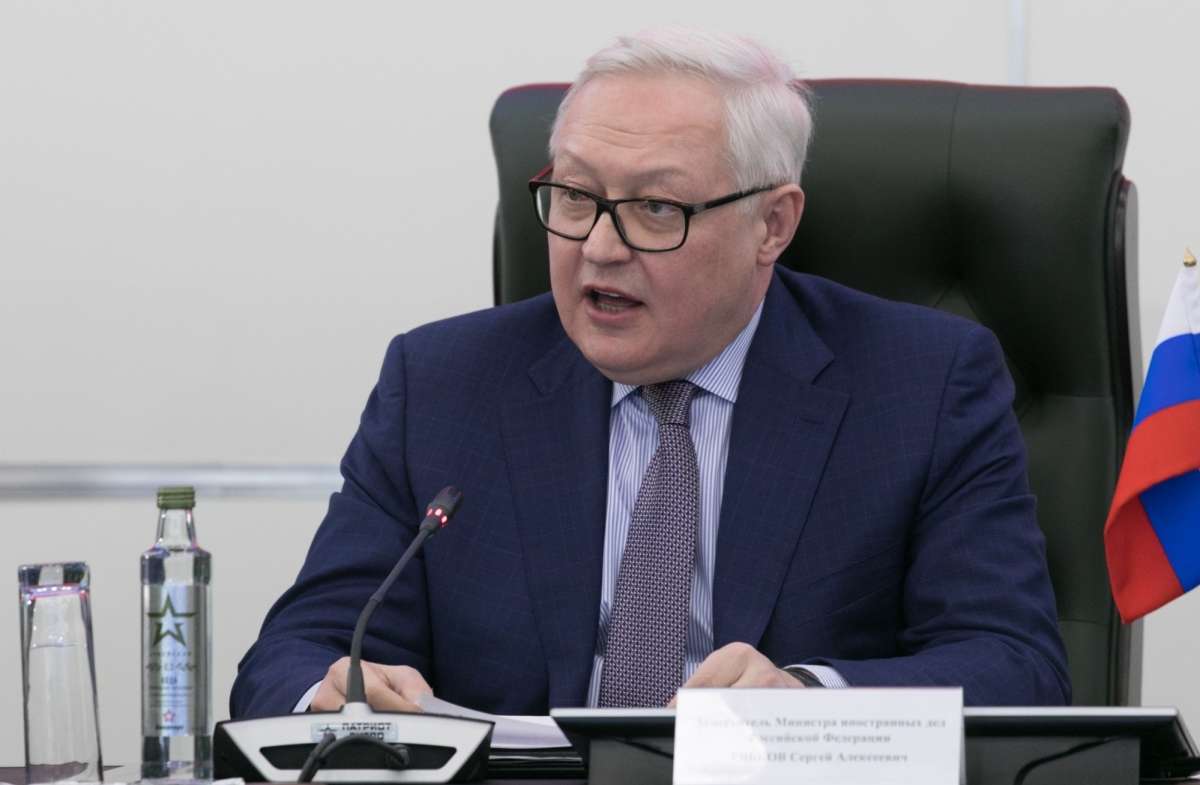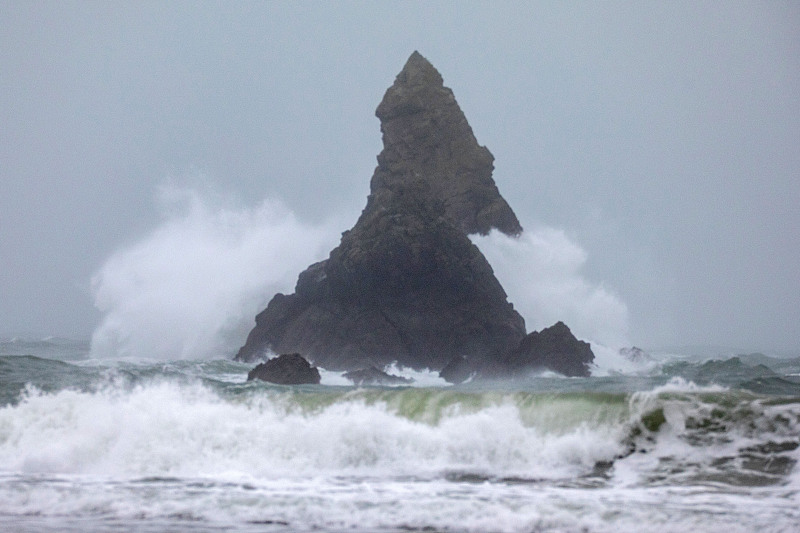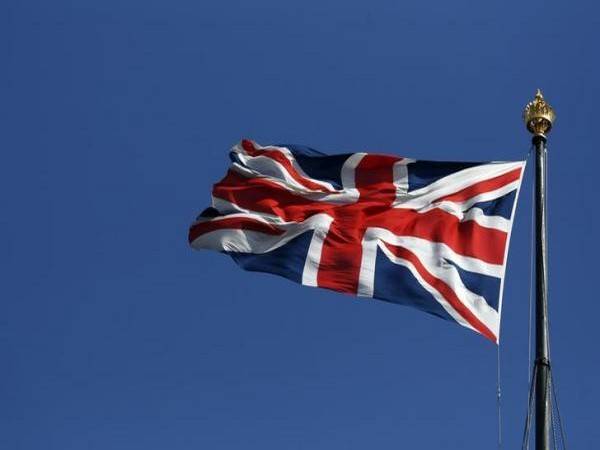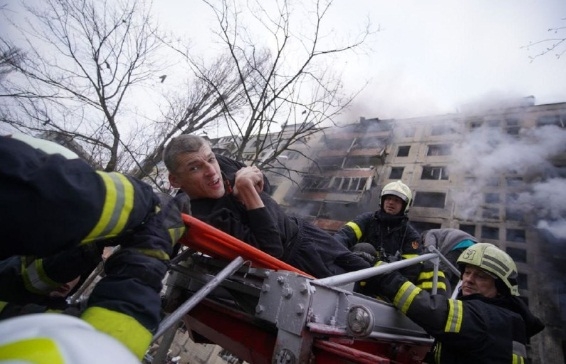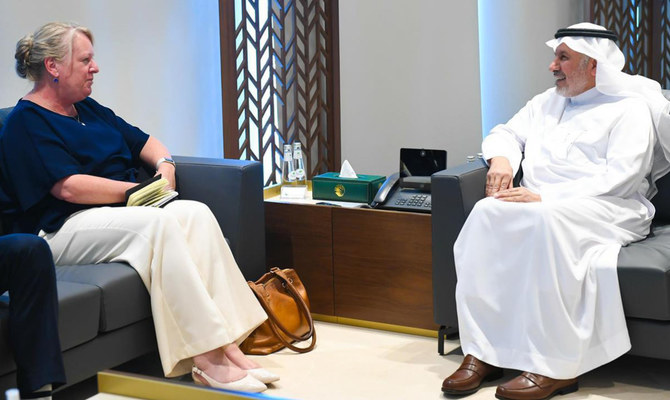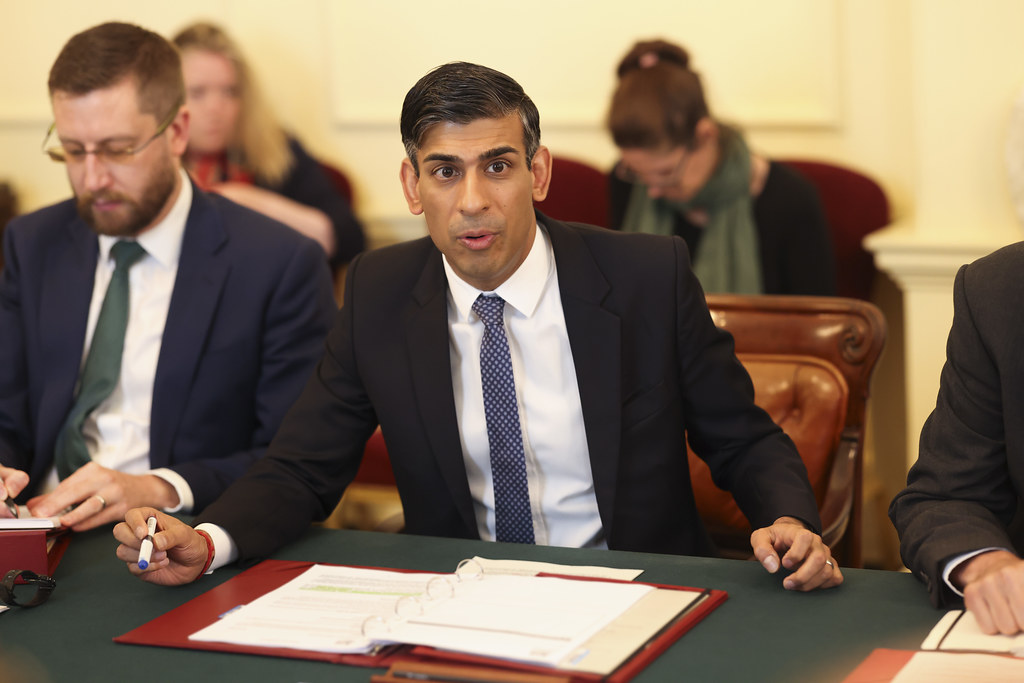Russia’s prison service said that Navalny, 47, fell unconscious and died on Friday after a walk at the Arctic penal colony where he was detained…reports Asian Lite News
Britain will take action over the death in prison of Russian opposition leader Alexei Navalny and it is calling on other countries to do likewise, British foreign minister David Cameron said on Saturday.
“There should be consequences when appalling human rights outrages like this take place,” Cameron told Sky News.
“What we do is we look at whether there are individual people that are responsible and whether there are individual actions that we can take.”
Russia’s prison service said that Navalny, 47, fell unconscious and died on Friday after a walk at the Arctic penal colony where he was detained. Navalny’s spokeswoman Kira Yarmysh on Saturday confirmed his death, citing an official notice given to his mother, Lydumila.
Western leaders and officials have expressed outrage over the death of Navalny, the most prominent critic of Russian President Vladimir Putin. Kremlin spokesman Dmitry Peskov called the reaction unacceptable on Friday.
Russia said on Saturday that it was unacceptable for Britain to interfere in its internal affairs after London told a top embassy official that it held Russian authorities responsible for Navalny’s death.
Russia said a diplomat from the embassy had been “invited” to a conversation at the Foreign Office.
The British government said on Friday it was summoning an official from the Russian embassy to make clear it held Russian authorities “fully responsible” for the death.
Cameron declined to give details about possible action and said he would raise the issue with his counterparts from Group of Seven countries and other nations at an annual meeting of defense and diplomatic officials taking place in Munich.
“We will have the discussions with them. I am clear we will be taking action and I would urge others to do the same,” he said.
Meanwhile, Russian police have detained more than 100 people at spontaneous memorials for deceased opposition leader Alexei Navalny, the OVD-Info rights group said Saturday.
The 47-year-old Kremlin critic was serving a 19-year prison sentence in the Arctic when authorities announced his death, prompting grief among his supporters.
People were seen gathering to place flowers at makeshift monuments across Russia late Friday, and in some cases were detained by police, social media footage showed.
As of February 17, “more than 101 people” had already been detained in 10 cities, including 64 in Russia’s second largest city of Saint Petersburg, OVD-Info said.
Eleven people were detained in the capital Moscow, and multiple others in the cities of Nizhny Novgorod, Krasnodar, Rostov-on-Don and Tver, it added.
Protests are illegal in Russia under strict anti-dissent laws, and authorities have clamped down particularly harshly on rallies in support of Navalny.
Authorities in the Russian capital said Friday they were aware of calls online “to take part in a mass rally in the center of Moscow” and warned people against attending.
ALSO READ: Guterres calls for global order that works for everyone

